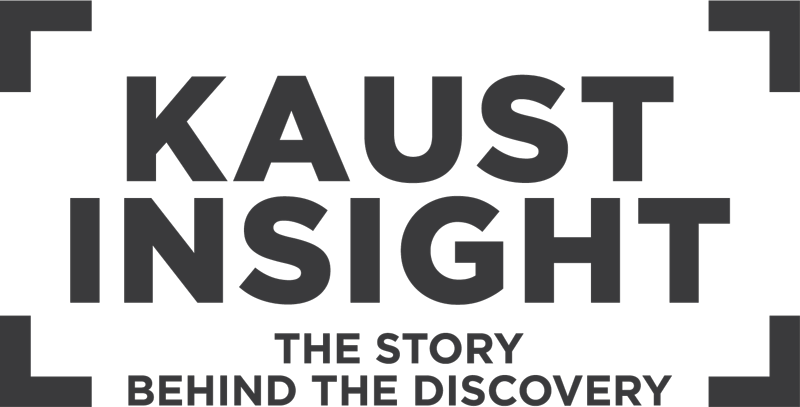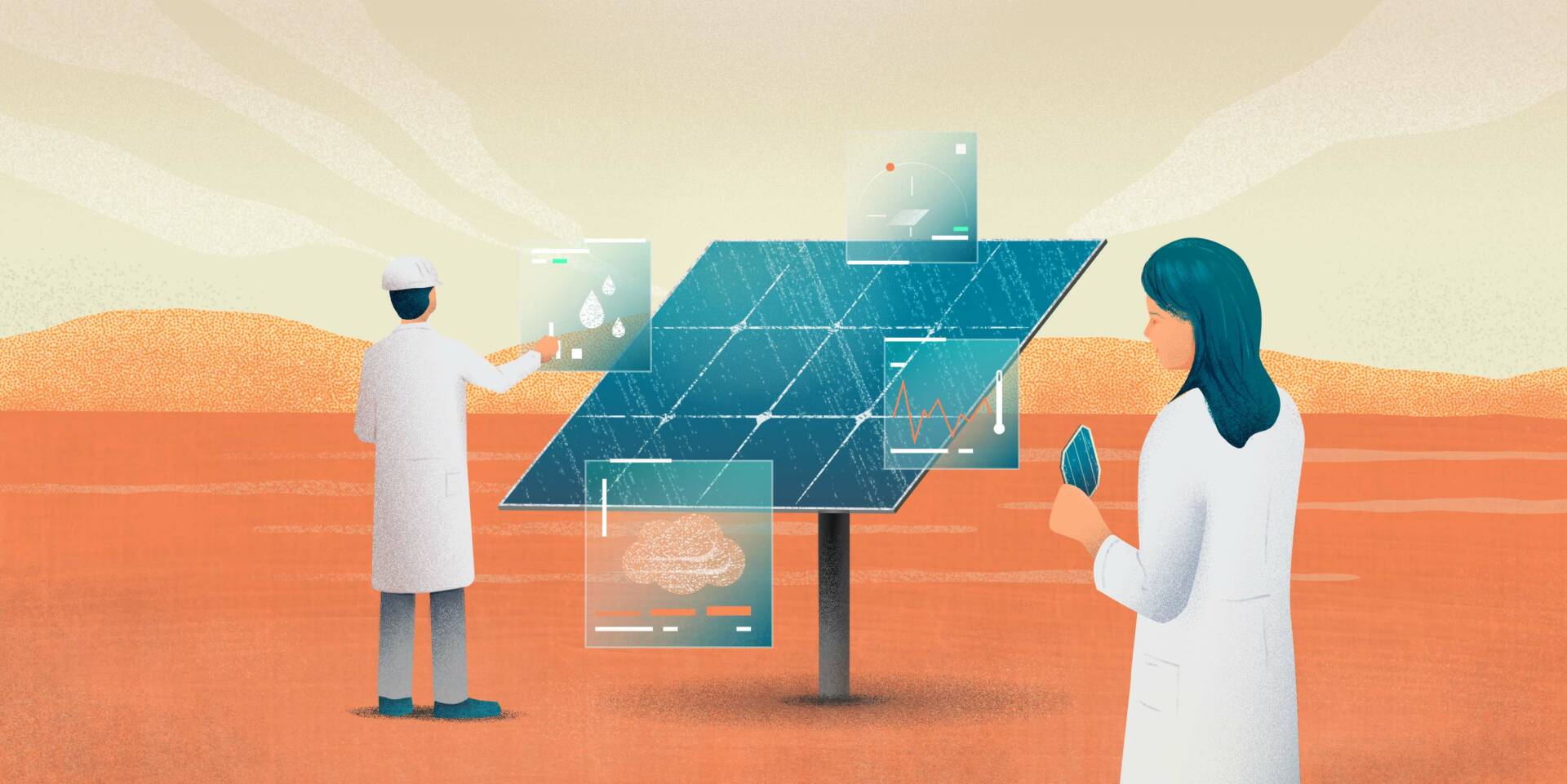Booming investment in Saudi Arabia’s renewable energy sector is set to drastically reduce the country’s carbon emissions by 2030 and spur employment opportunities. The region’s plentiful sunshine positions it as a possible exporter of solar energy; however, practical issues related to desert climates still need to be solved.
“The problem is the combination of extreme heat with all the other environmental factors – humidity, a lot of wind and soiling,” says Michael Salvador, Principal Technology Lead at the KAUST Solar Center. “There’s no certified way to test photovoltaic modules for all these conditions at the same time.”
Salvador and his colleagues are emerging as a critical resource for local solar companies looking to improve their balance sheets. Thanks to the KAUST Solar Center’s expertise in testing photovoltaic panels in harsh conditions, industrial partners are now finding it easier to fund expansion plans.
“If these companies could provide data to the banks about testing their modules and systems in our climate, it may enable them to negotiate better financing conditions,” says Salvador. “It’s good because the information flow between KAUST and these companies allows us to increase our knowledge about these issues as well.”
Haala Energy, a Jeddah-based engineering and construction firm, turned to the KAUST Solar Center to help solve a practical issue related to rooftop installations of solar panels. Following complaints of unexpected power failures, the company found that the panels were exposed to higher temperatures than predicted, with the likely culprit being trapped air underneath the panel’s sheet metal mounting frame. Ongoing work at the outdoor testing field in KAUST is helping the company explore different mounting setups that provide relief from the desert heat.
“The trapped heat accumulates and it warms up the panel even more than in an open field,” explains Salvador. “Haala Energy knew about the problem but didn’t have the means to investigate it. That’s where we came in. Our contribution should have practical benefits for installing photovoltaic systems across the country.”
“Our contribution should have practical benefits for installing photovoltaic systems across the country.”
As a leading global developer of seawater desalination plants and utility scale solar power plants, Acwa Power makes extensive use of photovoltaics to reduce energy input costs. Recently, they teamed up with Salvador to examine a technology uniquely suited for the reflective nature of desert sands: solar panels capable of capturing energy on both sides of their mirror-like surfaces, so-called bifacial solar panels.
These are teamed with “trackers” – installations that adjust their angle of orientation throughout the day to track the movement of the sun. Collaborative experiments at the KAUST Solar Center ensure that these bifacial modules on trackers match the requirements of the solar panels before they are deployed into massive solar farms.
“There are different ways of tracking: the panel can be centered around a single axis, or you can have the axis between two panels to reduce shading from the back,” notes Salvador. “There are strong economic benefits to bifacial solar panels, but current tracker designs do not fully exploit its potential, even if there is a lot of light outside.”
Another KAUST Solar Center collaboration involves the company Desert Technology, a Jeddah-based manufacturer of photovoltaic products. Together, the partnership is developing vehicle-mounted systems that can test the performance of solar technology in specific microclimates.
“It’s really hard to simulate the effect of wind, soiling and humidity on these systems, so most companies don’t even try,” says Salvador. “But our system is fully autonomous – you put it on a boom truck and drive to where you need it to be.”
“But our system is fully autonomous – you put it on a boom truck and drive to where you need it to be.”
Salvador, who is a founder of a startup that develops lightweight solar panels for building integration, remarks that the companies appreciate having a local hub for information and cooperation. “My contact at Acwa Power received his Ph.D. from the KAUST Solar Center. They hired local, which was a wise decision as it greatly facilitated the collaboration,” he says.
Stefaan De Wolf, also from the KAUST Solar Center and with expertise in the science and technology of photovoltaics, explains that: “building up expertise around the interaction between hot and sunny climates and photovoltaic modules through local collaborations is of tremendous importance to develop long-lasting, reliable and renewable energy solutions for Saudi Arabia.”

